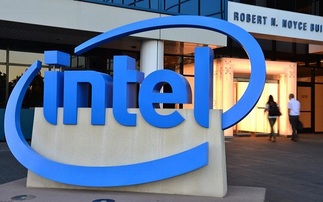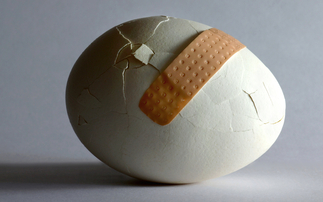New generation of Bluetooth chips also designed to extend mobile battery life
CSR has unveiled a new generation of its Bluetooth chips aimed at extending the battery life of mobile phones, while also boosting the quality of calls made using Bluetooth headsets. BlueCore 6...
To continue reading this article...
Join Computing
- Unlimited access to real-time news, analysis and opinion from the technology industry
- Receive important and breaking news in our daily newsletter
- Be the first to hear about our events and awards programmes
- Join live member only interviews with IT leaders at the ‘IT Lounge’; your chance to ask your burning tech questions and have them answered
- Access to the Computing Delta hub providing market intelligence and research
- Receive our members-only newsletter with exclusive opinion pieces from senior IT Leaders

















